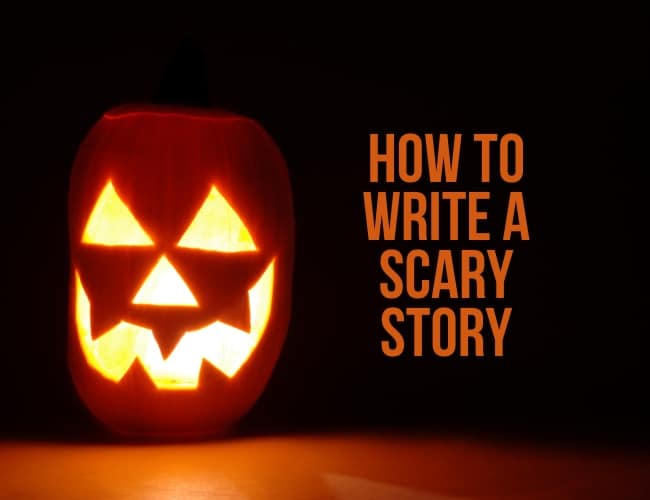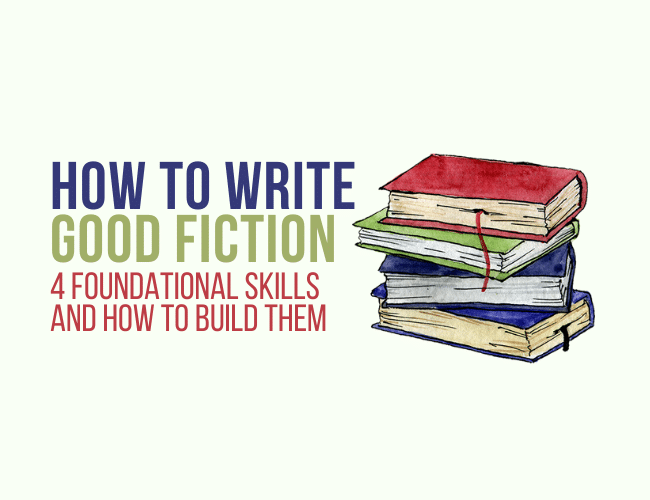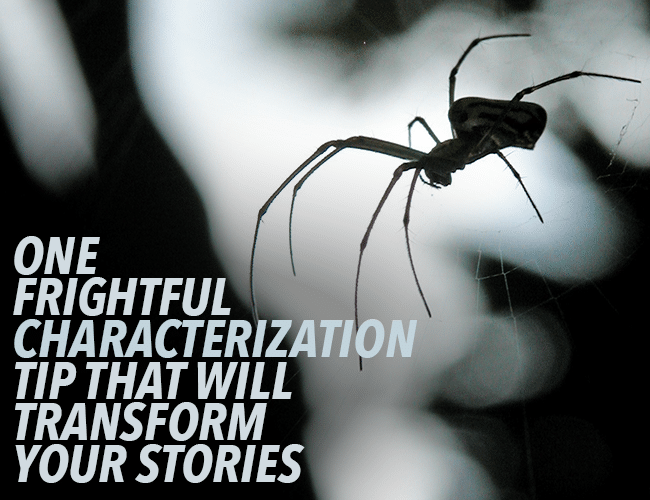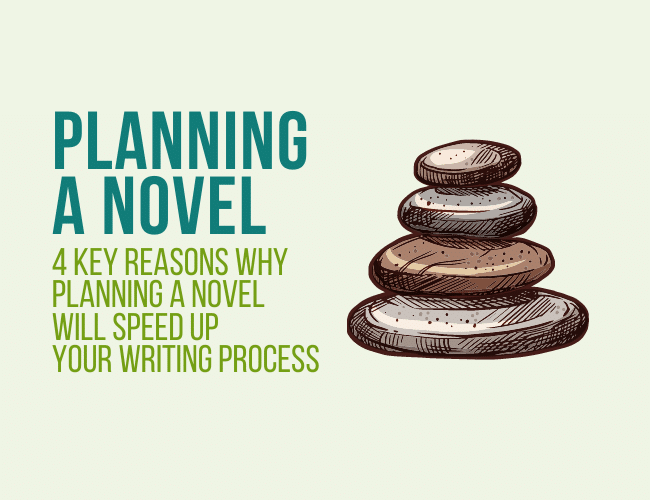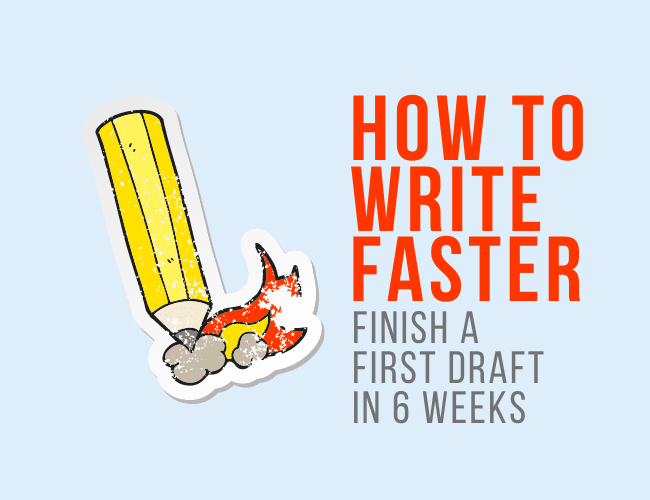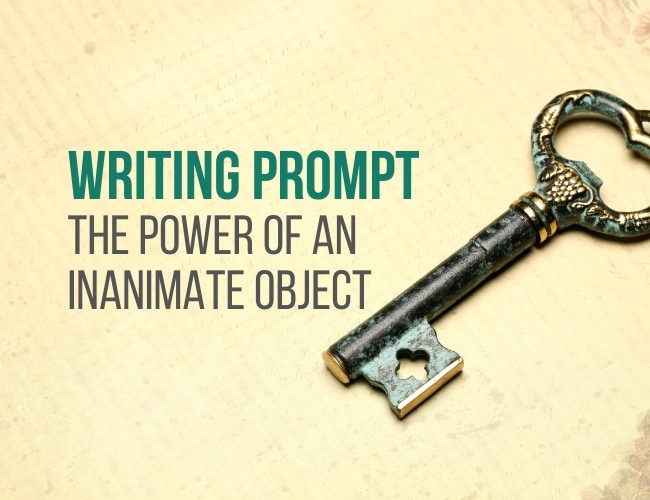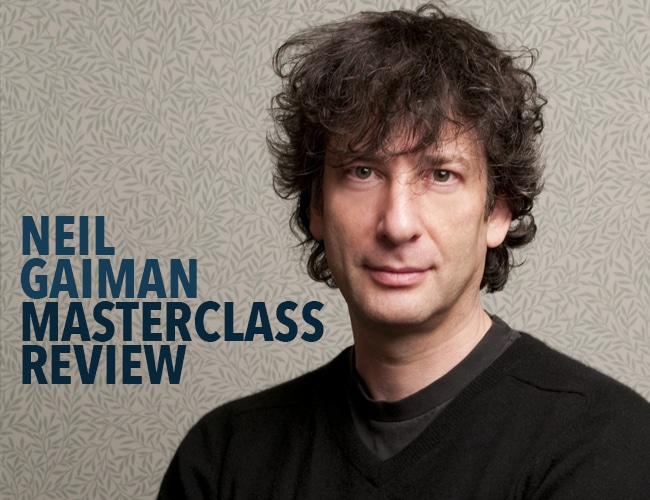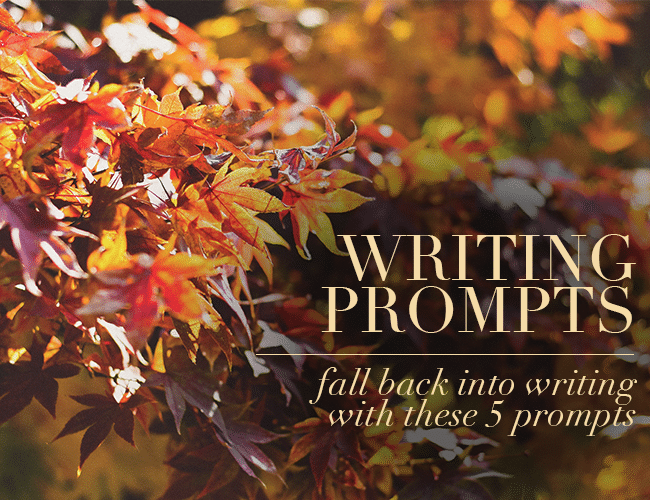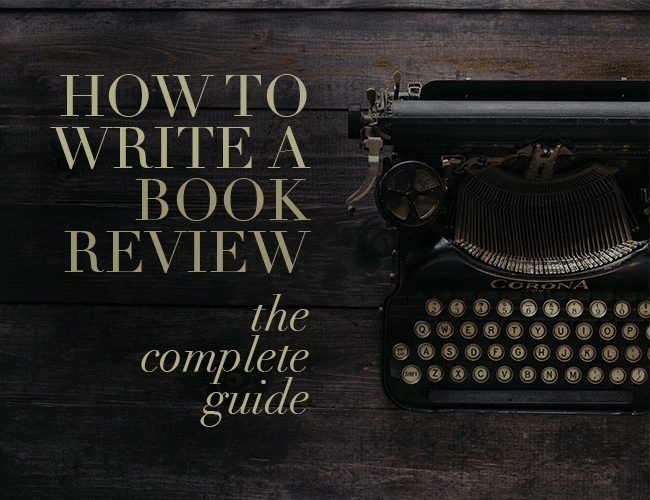I love Halloween. The creepy movies, the crisp fall air, the pumpkins. And who doesn’t love to get dressed up and hit the town for night? But there’s nothing like a horrifying story to get in your head—and get you in the spirit.
What makes a good scary story? Here’s a few pointers on how to write a scary story to start you off in the right direction.
